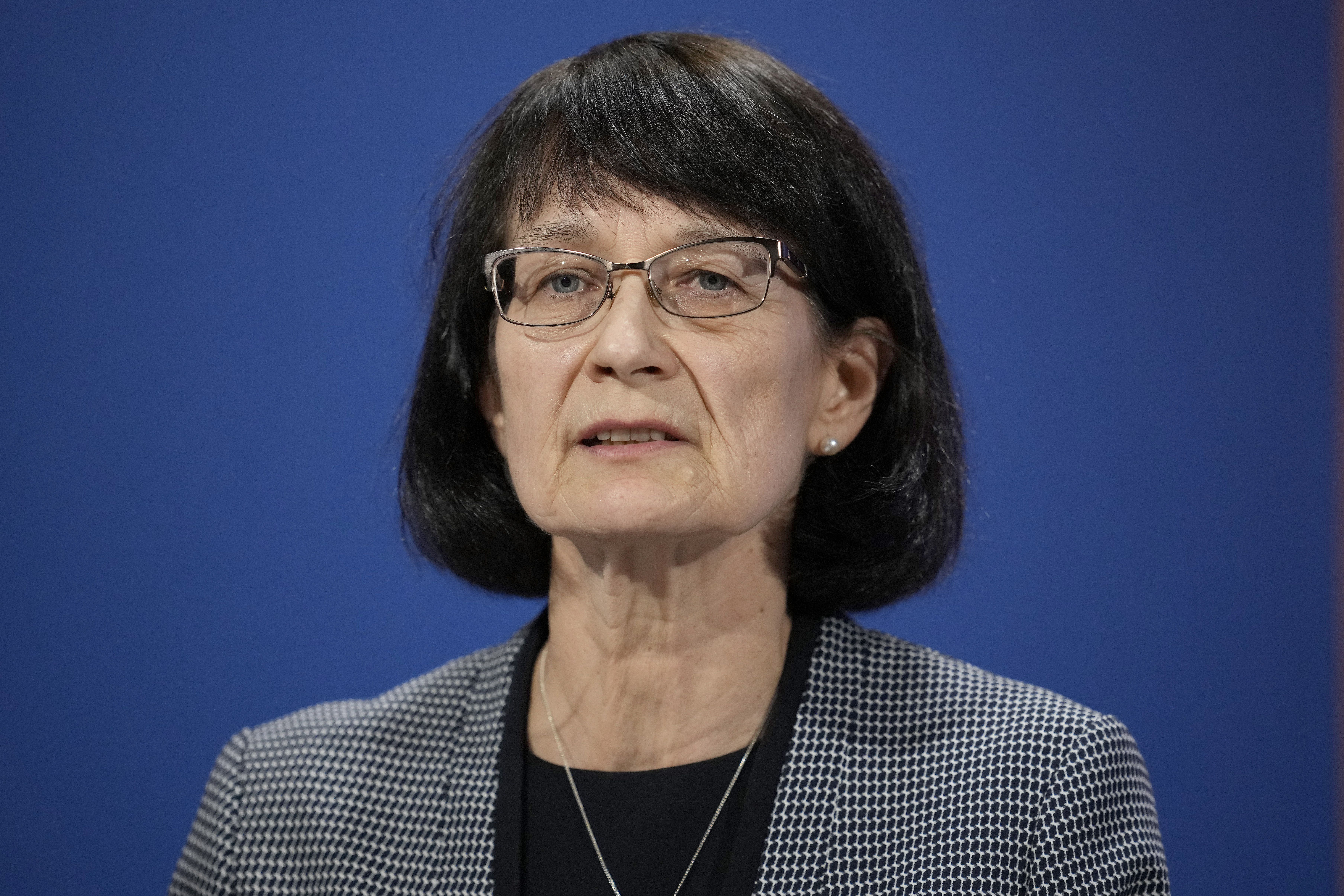Parents urged to take flu spray offer for children after warning from Australia
Australia saw an early and sharp spike in flu cases, particularly affecting children.

Your support helps us to tell the story
From reproductive rights to climate change to Big Tech, The Independent is on the ground when the story is developing. Whether it's investigating the financials of Elon Musk's pro-Trump PAC or producing our latest documentary, 'The A Word', which shines a light on the American women fighting for reproductive rights, we know how important it is to parse out the facts from the messaging.
At such a critical moment in US history, we need reporters on the ground. Your donation allows us to keep sending journalists to speak to both sides of the story.
The Independent is trusted by Americans across the entire political spectrum. And unlike many other quality news outlets, we choose not to lock Americans out of our reporting and analysis with paywalls. We believe quality journalism should be available to everyone, paid for by those who can afford it.
Your support makes all the difference.Parents in the UK have been urged to take up the offer of a flu nasal spray for their children after a “large number” of youngsters needed hospital care after catching flu in Australia.
Dr Dame Jenny Harries, chief executive of the UK Health Security Agency, said that it was difficult to predict the severity of flu and Covid-19 spikes this winter in the UK, but she referred to the flu season in Australia where there were high case rates and hospital admissions for flu among youngsters.
It comes as data released by the UKHSA appears to suggest that the flu season has arrived early in England.
In Australia what they saw was an H3N2 (flu) wave, it came earlier in the season than it would normally... a couple of months earlier. It left large numbers of children in hospital and there were very high rates in children
Asked if the NHS should expect a difficult winter, Dame Jenny told a Royal Society of Medicine webinar on Covid-19: “The difficult thing is that we can’t expect anything, we should be anxious about it and I think that’s exactly what we should be.
“The word ‘twindemic’ is not a guaranteed position for this winter but it’s one that we should be reasonably planning for.
“In Australia what they saw was an H3N2 (flu) wave, it came earlier in the season than it would normally… a couple of months earlier.
“It left large numbers of children in hospital and there were very high rates in children.
“Of course, many of those younger children have not previously been exposed during periods where there would be normal socialising.”
She added: “But we can’t predict the exact timing – it could be quite possible to have both (flu and Covid) rising at the same time; it could be that we have one peak followed by another, which would put substantial pressure on health services; and we might see slightly unusual patterns – for example in younger children, when we tend to think of flu predominantly affecting older individuals.”
Dame Jenny continued: “The two areas I would promote… partly because of that narrative of what’s happened in Australia over their winter period, is to ensure that younger children at infant school and preschool, and some of the younger ages in secondary school, are coming forward for nasal flu vaccinations as we approached winter.
“But really importantly – the group that somehow we never quite manage to support into getting the vaccination – are the middle age group with underlying conditions.”
Cases of flu have risen across England, with more calls to NHS 111 and a slight rise in people seeking help from their GP for flu-like symptoms, according to data released by the UKHSA last week.
The UKHSA has urged everyone eligible to get a flu vaccine, saying Covid-19 restrictions over the past two winters mean people have little natural immunity.
The latest data suggests hospital and intensive admissions for the respiratory disease are rising quickest in children under five, though overall flu levels are still at a relatively low level, meaning it is difficult to predict how big the wave will be.
Around 33 million people in England are eligible for a free flu vaccine this year, including all primary-age and some secondary-age children, who will be offered the nasal spray.
Those eligible for the flu jab are: people aged 50 and over; those aged six months to 49 with a specified health condition; secondary school-aged children focusing on Years 7, 8 and 9 with any remaining vaccine offered to Years 10 and 11; primary school-aged children; pregnant women; those in care homes, frontline health and social care staff; carers and the household contacts of people with weakened immune systems.
GPs are also inviting children aged two and three years old (as of August 31) for the nasal spray vaccine.
The latest data suggests that 12-13% of two and three year olds have so far taken up the offer of a flu nasal spray.
Data on school children data comes out once a month and will be released on Thursday.
Subscribe to Independent Premium to bookmark this article
Want to bookmark your favourite articles and stories to read or reference later? Start your Independent Premium subscription today.